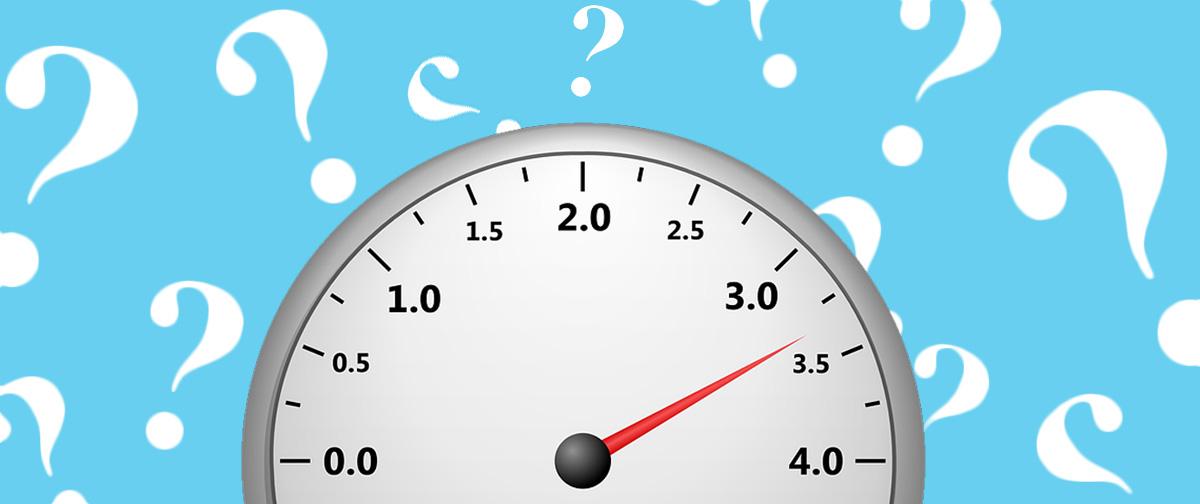What Pressure Should My Boiler Be?

To have a well heated home, your boiler needs to be able to circulate hot water. To do that it needs the right amount of pressure. With this guide, you'll know what pressure your boiler should be and what to do if it's too low or too high.
Get FREE boiler quotes
What's the correct boiler pressure?
There are so many different boiler models so the correct pressure won't be exactly the same for all of them. Generally speaking, the pressure should sit between 1 and 2 bars. You should consult your boiler manual to find out if this is the case for your system.
You can find out the pressure of your boiler by looking at the built-in pressure gauge which is often on the front of the boiler. It's a little needle housed in a semi-circle pointing at numbers and sometimes little green and red sections.
Why is boiler pressure important?
Without the correct boiler pressure, your system won't be able to circulate hot water around the pipes and to your radiators. The pressure should be constant in order for the boiler to operate effectively.
My boiler pressure is too high
You can recognise high boiler pressure by seeing if the needle on the pressure gauge is either over 2 or in a red zone. To get the boiler pressure back down, you should bleed at least 1 of the radiators around the home – if you've spotted that some aren't heating up properly, then they're the radiators to bleed.
A boiler constantly running at a high pressure could lead to the system failing or even end up damaging your home. So if bleeding your radiators doesn't do the trick then you should contact a qualified engineer.
My boiler pressure is too low
When the needle on the pressure gauge drops below 1, the boiler pressure is too low. You can get the pressure back up by re-pressurising the system, which you can find out how to do in our guide to low boiler pressure.
Many systems will shut off when the pressure drops too low, leaving you without heating and hot water until it's back up and running. So it's good to get into a little routine of keeping a regular eye on your boiler pressure.
Why does pressure rise as the boiler heats up?
As water gets hotter it expands so when the heating is on, water expansion causes pressure to build-up in the system. This will cause the reading on the pressure gauge to increase, which is nothing to worry about.
Get FREE boiler quotes
How often should I check the *pPressure?
Checking the boiler pressure isn't something that you have to be doing daily, just aim to keep an eye on it around once a month. To get an accurate reading, take the reading when the boiler isn't in operation.
There are a couple of important times to check your boiler pressure to make sure it hasn't dropped too low though.
Bleeding radiators
If you find that one or more of the radiators in your home aren't heating up properly then there might be air in the system and it will need bleeding. Once you've bled the radiators, check that the boiler pressure hasn't dropped. If so then you'll need to repressurise the system.
After summer
When we enter the colder winter months, you'll want to know that your boiler is ready for the higher heating demands so check that the pressure isn't too low.
Boiler pressure dropping
If your boiler keeps losing pressure after being topped up, this suggests that there's a leak somewhere in the system. Take a look around the home for any damp patches that could be caused by a leak but don't go looking inside the boiler itself, this should always be done by a qualified engineer.
Need help with your boiler pressure?
If your boiler pressure keeps dropping then there's likely to be a fault with the system and should be checked out by a qualified engineer. By filling in one of our simple forms right here on Boiler Guide, you'll get free quotes from up to 3 trusted engineers in your area. No hassle, no-obligation, just free quotes.
Get FREE boiler quotes



